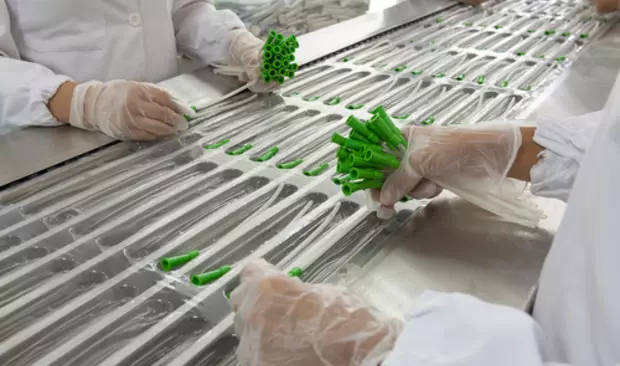Lean Manufacturing: Still Relevant?

The basis of Lean Manufacturing is the Toyota Production System that was refined at, well, Toyota and other Japanese manufacturing operations and was introduced to the West through the landmark book “The Machine that Changed the World” by Jim Womack and his team at MIT International Motor Vehicle Program. First published in 1990, the book’s subtitle was “The Story of Lean Production.”
In the 25 years since, Lean has continued to be a focus of manufacturers striving to improve throughput, reduce costs and increase agility. Twenty-five years is a long time in the world of operations management and process improvement. Why is it that Lean still resonates while other initiatives tend to come and go on a regular basis?
Although many aspects of Lean might seem either overly simplistic or even counterintuitive at first, the basic ideas are sound and understandable. And the results can be dramatic. Companies are inspired by the success of many others who have gone before them with Lean initiatives.
Lean is focused on reducing and eliminating waste—defined as anything that doesn’t add value.
There’s nothing old-fashioned or stale about waste reduction. Companies have always strived to reduce waste and will continue to do so as long as they exist. Lean manufacturing provides an organized way to do that and many tools to use in the waste reduction effort, including such well-known programs as value stream mapping, kaizen, kanban, Five S, and others.
One of the most powerful aspects of Lean is the emphasis on participation and contribution of the individual workers in the plant through empowered teams and the kaizen approach to improvement. Harnessing the good sense and experience of the production worker is a very powerful contributor to Lean improvements.
Lean has proven to be a very powerful tool for improving manufacturing performance: higher throughput, lower costs, faster response and increased agility. Lean can be applied to direct production, supporting services, administrative and engineering activities, and just about anything else.
Truth be told, Lean Manufacturing is more about attitude and approach than about any particular tools or techniques. Lean is the continuous effort to identify waste and take positive action to eliminate it. Lean is a singular focus on improvement, and making the most of all resources—from materials, equipment, and technology to the skills and experience of employees.
Lean is still an important part of manufacturing, and many other industries as well. Why? Because it works.
And the Lean approach, once it’s ingrained in the company DNA, continues to deliver process improvements and savings for the life of the company. How has your company adopted a lean approach to continuous improvement?